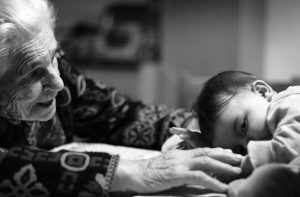Could “ownership transparency” help to prevent injuries and severe harm to patients in skilled nursing facilities in San Diego County? Nursing home abuse and neglect in Southern California have many causes, including issues of understaffing and failure to properly investigate staff members prior to employment. Commentators often argue that certain nursing homes put profits before patient well-being. According to a recent article in Skilled Nursing News, the Biden administration has been focusing on “ownership transparency,” or addressing who owns — or what entities own — skilled nursing facilities across the country. The idea is that nursing homes that are owned by real estate investment trusts (REITs) may not provide the same quality of care as other nursing homes.
The Centers for Medicare & Medicaid Services (CMS) recently proposed a rule aimed at “ownership transparency,” or as the article describes it, “a rule requiring more ownership disclosures and floating definitions of private equity and real estate investment trusts.” Yet as the article reports, “providers are pushing back on elements of this proposal,” and commentators argue that “the proposed policy’s definitions of different ownership structures is still too vague.” What do you need to know about the proposed rule and its implications? Our San Diego County nursing home abuse lawyers can say more.
Proposed Rule is Part of Broader Ownership Transparency Plan
 Southern California Nursing Home Abuse Lawyer Blog
Southern California Nursing Home Abuse Lawyer Blog










